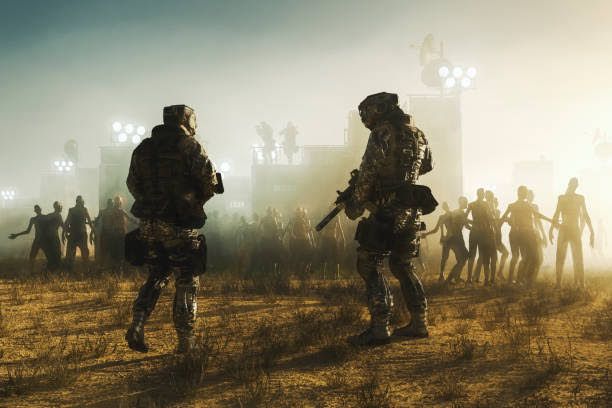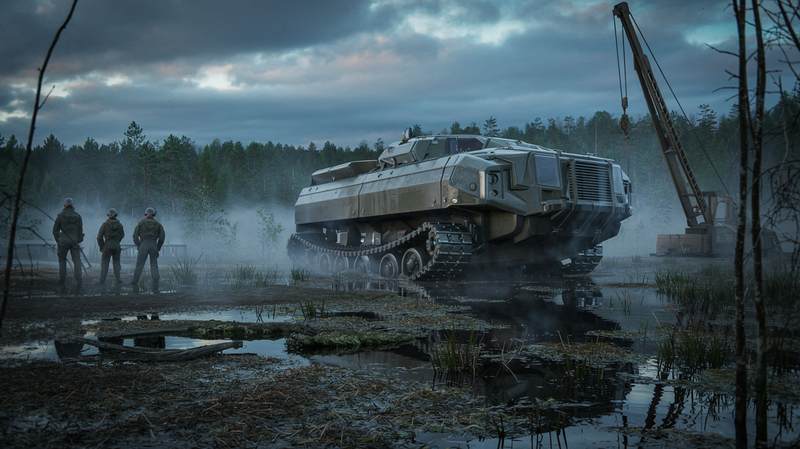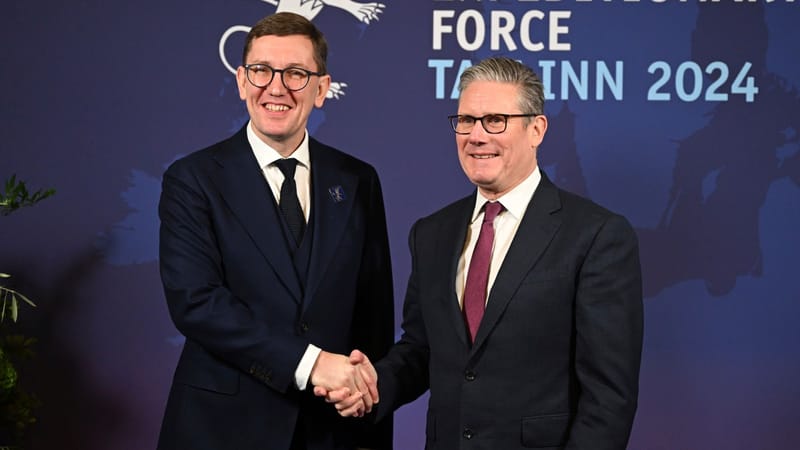Thinking Outside the Box: Encouraging Estonians to Prepare for a Hypothetical Zombie Era
The world is in a constant state of evolution, with unprecedented events occurring on an increasingly regular basis. One such unexpected phenomenon is the creation of the "CDRUSSTRATCOM CONPLAN 8888-11 Counter-Zombie Dominance Operations", also known as "CONOP 8888", by the U.S. Strategic Command. This training

The world is in a constant state of evolution, with unprecedented events occurring on an increasingly regular basis. One such unexpected phenomenon is the creation of the "CDRUSSTRATCOM CONPLAN 8888-11 Counter-Zombie Dominance Operations", also known as "CONOP 8888", by the U.S. Strategic Command. This training protocol, although fictional, is designed to help military personnel devise strategies for dealing with a hypothetical zombie apocalypse. While the concept may initially seem outlandish, it carries with it a vital message about the importance of innovative thinking and comprehensive planning in crisis situations.
Hypothetical Scenarios: Fostering Adaptive Thinking
CONOP 8888 offers a series of imaginary scenarios, enabling military personnel to explore strategies for managing a hypothetical zombie apocalypse. This imaginative approach to planning encourages individuals to think outside the box and construct strategies for unexpected and challenging situations.
Although the primary goal of CONOP 8888 is not to prepare for an actual zombie apocalypse, the scenarios serve as a medium to foster adaptive thinking and comprehensive operational planning, thereby avoiding the risk of sparking real military conflicts.
This begs the question: could this form of cognitive stimulation be beneficial to the general public, particularly for small nations such as Estonia? The answer, arguably, is yes.
Estonia: A Small Nation with Big Potential
Estonia, a small country on the northeastern edge of Europe, is known for its advanced digital society and innovation-driven mindset. Given this context, it would be fitting to leverage this creative approach to address potential crises, encouraging Estonians to think beyond conventional boundaries.
Preparing for a hypothetical zombie apocalypse could serve as an effective thought exercise for Estonians, promoting proactive thinking and preparedness for a broad spectrum of crisis scenarios. A training exercise modelled on CONOP 8888 could provide an engaging platform to simulate various crises, from cyber attacks to natural disasters, each presented under the guise of a zombie apocalypse.
Empowering Citizens: The Case for Innovative Crisis Training
By engaging citizens in such an exercise, Estonian authorities could empower individuals to think critically and creatively about crisis management, contributing to a culture of preparedness and resilience. This model of thinking would promote the ability to respond effectively to unexpected situations, a skill increasingly valuable in an era marked by unpredictable global events.
In addition, this form of cognitive training could also promote the concept of collective responsibility. By engaging in these exercises, citizens would be prompted to consider not only their individual survival but also the well-being of their community and nation.
Conclusion
Although a real zombie apocalypse remains firmly within the realm of fiction, the underlying principles of CONOP 8888 - creativity, adaptability, and comprehensive planning - are not. They are essential skills in a world characterized by uncertainty and rapid change.
As such, Estonia - with its progressive digital society and history of innovative thinking - could well benefit from incorporating this unique form of cognitive training into its national consciousness. By doing so, it would equip its citizens with the tools to navigate the complexities of the 21st century, building a nation that is prepared, resilient, and forward-thinking.




